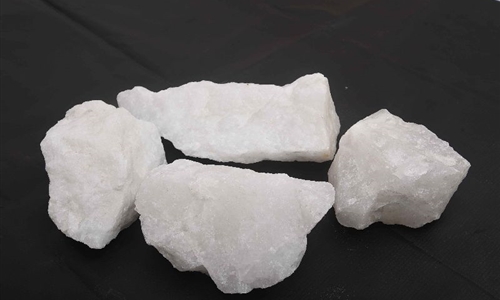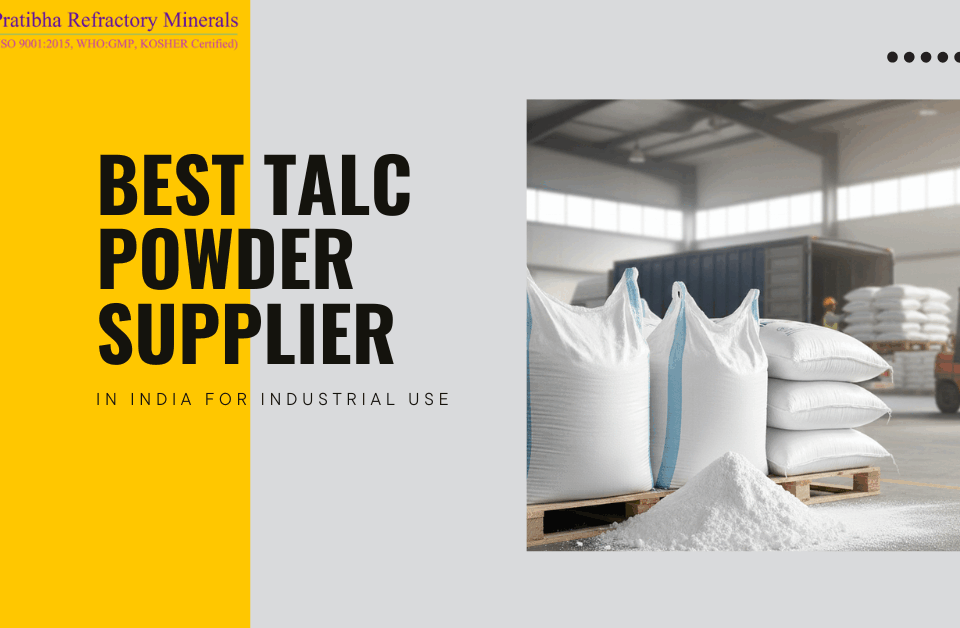- Call for Sales Enquiries

- +91-9413034047
- +91-294-2413244
- info@pratibharefractory.com
Can quartz granules be recycled?

Is quartz grit the same as quartz sand?
October 23, 2023
How is quartz sand different from beach sand?
November 14, 2023Can quartz granules be recycled?

In today's environmentally conscious world, the question of recycling and sustainability has become more critical than ever. Industries and consumers alike are constantly seeking ways to reduce waste and promote eco-friendly practices. When it comes to minerals like quartz granules, commonly used in various applications such as construction, ceramics, and decorative elements, the question arises: Can quartz granules be recycled? In this blog post, as a responsible and reliable Supplier of Quartz Granules we will explore to you the potential for recycling quartz granules and their contribution to sustainable practices.
Understanding Quartz Granules
Before delving into the recycling aspect, let's first understand what quartz granules are. Quartz granules are small, crushed particles of quartz, a naturally occurring mineral composed primarily of silicon dioxide (SiO2). Their remarkable attributes, including high hardness, heat resistance, and chemical inertness, make them invaluable in numerous industries.
The Need for Recycling
Recycling is a pivotal component of sustainable living. It conserves natural resources, reduces energy consumption, and minimizes waste, all of which are essential for a greener future. To determine whether quartz granules can be recycled, we need to consider their characteristics and the processes involved.
The Composition of Quartz Granules
Quartz granules are predominantly composed of silicon dioxide, a highly stable and durable mineral. This inherent stability is one of the reasons they are favored in various industrial applications. However, it also presents challenges when it comes to recycling.
Challenges in Recycling Quartz Granules
Recycling quartz granules is not as straightforward as recycling materials like glass or aluminum. Several factors contribute to the challenges associated with recycling quartz granules:
1. High Purity Requirement: Many applications of this mineral demand a high degree of purity. Recycled materials often contain impurities that can affect the quality and performance of the final product.
2. Uniform Particle Size: Industries often require them to have a specific particle size distribution. Recycling processes may result in uneven sizes, making them unsuitable for certain applications.
3. Contamination Risk: During recycling, cross-contamination with other materials can occur. Contaminants can compromise the integrity of the quartz granules.
4. Energy-Intensive Processes: They are typically subjected to high-temperature processes during their production. Recycling them would require energy-intensive processes to break down existing structures and impurities.
Possible Recycling Methods
While recycling quartz granules presents challenges, there are potential methods that could be explored:
1. Terrazzo Production: One promising avenue is recycling quartz granules for use in terrazzo flooring and countertops. In terrazzo, crushed quartz is mixed with binders to create a durable and visually appealing surface. Recycled quartz granules could be incorporated into terrazzo mixes, provided they meet the required purity and size standards.
2. Secondary Applications: Quartz granules that do not meet the stringent requirements for high-end applications could find use in secondary applications. For instance, they could be used in landscaping, road construction, or as aggregate in non-critical concrete projects.
3. Repurposing: In some cases, quartz granules from demolished structures or old installations could be repurposed for new projects. Proper cleaning and sorting would be necessary to ensure quality and purity.
4. Industrial Innovation: Continued research and development in materials science and recycling technology may yield innovative methods for recycling quartz granules more efficiently and cost-effectively.
Conclusion
In conclusion, the question of whether quartz granules can be recycled is a complex one. While there are challenges due to the high purity requirements, uniform particle size, and energy-intensive production processes, there are also potential avenues for recycling, such as terrazzo production and secondary applications. It is essential for industries and researchers to explore these possibilities further to promote sustainability.
At Pratibha Refractory Minerals, we are committed to eco-friendly practices and responsible sourcing of minerals. While the recycling of quartz granules is a topic of ongoing research and development, we remain dedicated to providing high-quality quartz products for various applications. As technology advances and sustainable practices evolve, we look forward to contributing to a greener and more sustainable future for all.


